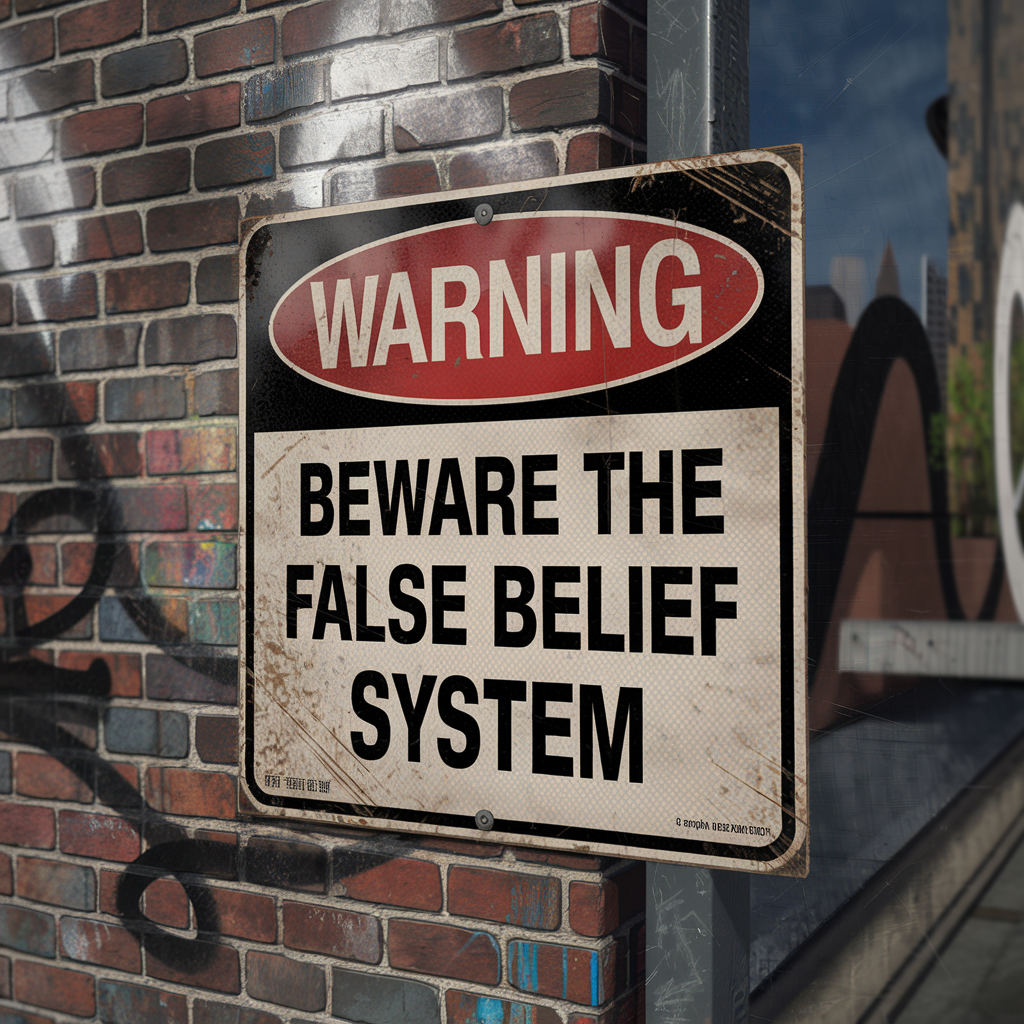August 20, 2015
Rome, Italy
If I wrote down the term ‘imaginary number’, you’d probably think I was talking about some central bank economic forecast or government budget projection.
But in mathematical parlance, an imaginary number is defined as the square root of a negative number.
You know that the square root of 25 is 5, because 5 squared (i.e. 5 x 5) equals 25. And the square root of 1 is… 1.
But what about the square root of -1?
That’s an imaginary number. It doesn’t exist in the real world, just like the 5th dimension, or trying to define the shape of the universe.
Our adult minds have tremendous difficulty conceptualizing these ideas. But it’s not nearly as difficult for children.
We’re all born with a blank slate with imaginations so powerful that the ideas of infinite dimensions and mythical number systems seem completely valid.
Kids have imaginary friends, after all. So why not imaginary numbers and imaginary dimensions?
But we become intellectually constrained as we grow older, no longer able to grasp imaginary concepts.
Much of this comes from an education system designed to destroy independent thought and imagination, and to teach children to subordinate themselves to authority.
It’s a bizarre system that rewards kids for sitting still, shutting up, and memorizing cookie-cutter answers to intensely complicated questions.
Sometimes a child’s mind proves far too independent and creative for such banality, and its natural instinct is to rebel.
Sadly, rather than be celebrated, those children are told that they have a disease (ADHD) and then pumped full of medication to make them more compliant.
It’s completely disgusting. And despite legions of teachers who truly care about their students, the system is unfortunately ineffective.
As we discussed last week, the vast majority of students in the Land of the Free are ranked as ‘below proficient’ by their own government in reading, mathematics, history, geography, and even civics.
Let the irony of that last one sink in: the government-controlled education system fails to adequately educate students about the government.
That pretty much tells you everything you need to know. And yet it gets worse.
After surviving the public school experience, kids are then pushed into one of the most expensive financial liabilities of their lives: university.
Look, university certainly has some merits. And for certain vocations like law or medicine, it’s an absolute must.
But in the vast majority of cases, the sole purpose of university is to churn out obedient workers who will spend their entire lives paying ever-increasing taxes to the government.
Young people graduate with $50,000 in debt, yet totally devoid of any real skills.
They don’t know anything about managing money. Or making money. Or creating real value in the world. Or making a difference.
Instead they’ve been trained to be task rabbits.
And thanks to the massive student loan debt looming over their every decision, they’re forced to take the first gig that comes their way simply so that they can afford to start paying interest.
There are no other options. There’s no freedom to explore, to learn, to experiment.
The next 20 years of your life end up being dictated by a choice you made when you were 18 years old to take on an enormous amount of debt.
If you’re a young person, think very carefully about this decision, because it’s one of the most important ones you’ll ever make.
Statistically speaking, your student debt will likely outlast your marriage. It’s that important. Choose carefully, and do not underestimate the gravity of the decision.
Now, we’ve talked about alternatives before. If you’re stuck on the idea of university (or your parents are stuck on the idea), consider looking abroad.
There are some excellent tier-1 universities overseas that cost almost nothing.
But even more importantly, consider learning some real skills.
And I’m not talking about underwater basket weaving.
Dedicate yourself to truly learning about money– making it and managing it. Selling. Negotiation. Raising capital.
These are hugely valuable skills that stand the test of time no matter what the prevailing economic conditions are.
Think about what problems the world will be facing in the future, and learn about those industries.
Think about what countries will be rising to power in the future and learn about opportunities in those countries… and their languages!
Most importantly, never forget that we learn best by doing.
No one becomes a great guitarist by reading a few magazine articles. You have to spend countless hours practicing on a real guitar.
Even better, find a guitar master and learn directly from one of the best in the world.
There’s a term for this: it’s called apprenticeship.
Apprenticeship is the oldest method of education in the world, and it remains the most effective today.
Think about the impact that you want to have on the world. Think about what inspires you, and how you want to inspire others.
Think about the values that you stand for and the life you’d like to achieve.
Then go out to find someone doing it. Make yourself indispensable to that person so that you can learn as much as you possibly can.
Be fearless. Start at the bottom. Sleep on the floor if you have to, and soak up every morsel of knowledge until you become ninja-skilled in your chosen field.
Consider this approach. It’s a hell of a lot cheaper and a lot more valuable than indebting yourself for eternity.








